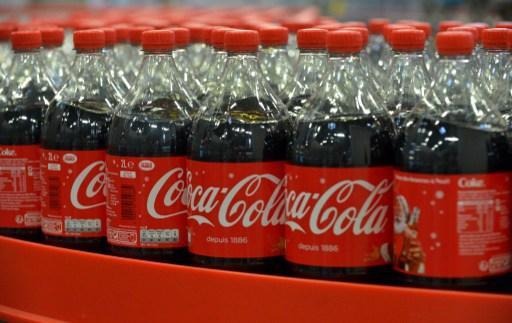The tax on sweetened drinks, effective for some weeks now, was sold by the government as a health measure but is no more or less than “a simple tax measure,” says Ben Bijnens, the new boss of Coca-Cola Belgium. This is the first time that Coca-Cola, one of the main players in Belgium's soft drinks market has reacted to the tax on fizzy drinks, which has been in force since 1st January. “As yet it is too soon to know the impact on our turnover, but there will be a negative effect on the figures,” stresses Mr Bijnens.
The criticism revolves around the fact that this tax only applies to soft drinks. “They have tried to implement this tax as a health measure but we do not think that targeting a product category is a means of improving people's health.” Coca-Cola say that a broader policy would be more appropriate. “It is necessary to increase consumer awareness around calorie intake but also stimulate healthier lifestyles.” Thus, 55% of Coca-Cola bottles in Belgium are smaller or equal to 500 ml. “Coca-Cola plays a pioneering role.”
Mr Bijnens says that the tax on sweetened drinks is only a fiscal measure. As an additional argument, he stresses the fact that this tax also affects so-called “diet” soft drinks.” Coca Cola hopes that through a dialogue, the Government will withdraw this tax on the so-called “light” products. Unsweetened drinks (Coca Light, Zero, Fanta Light, Chaudfontaine and so on) represent 45% of the American giant's turnover in Belgium.
(Source: Belga)

